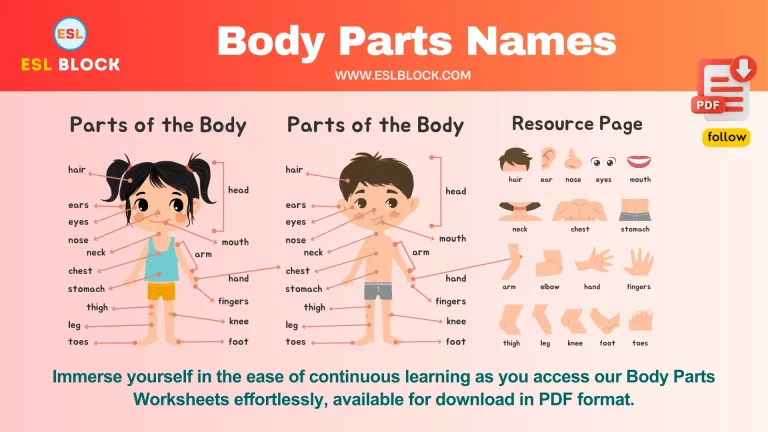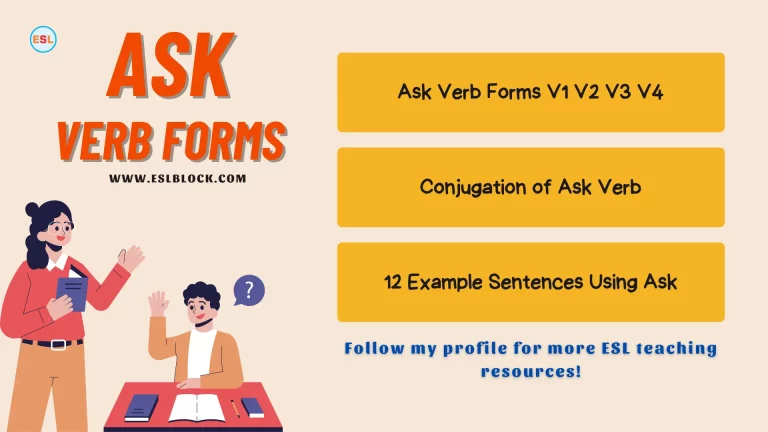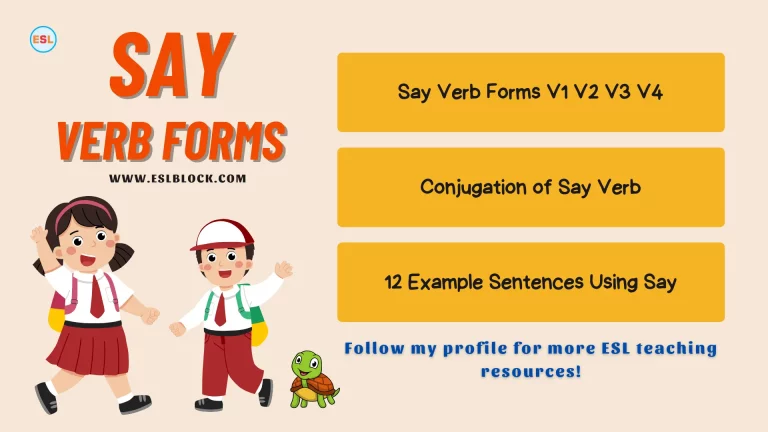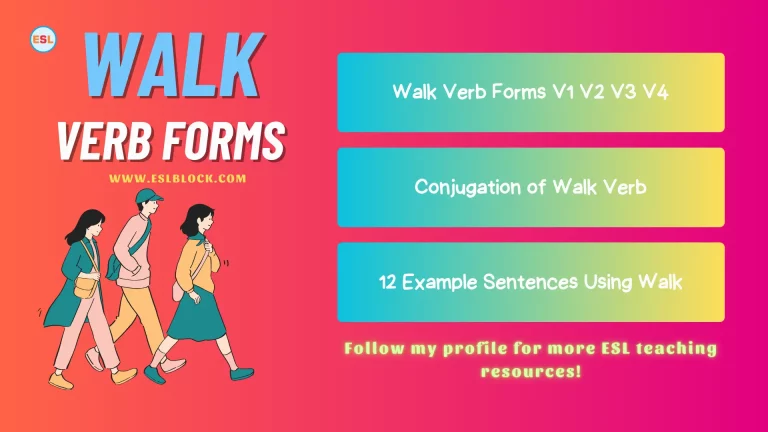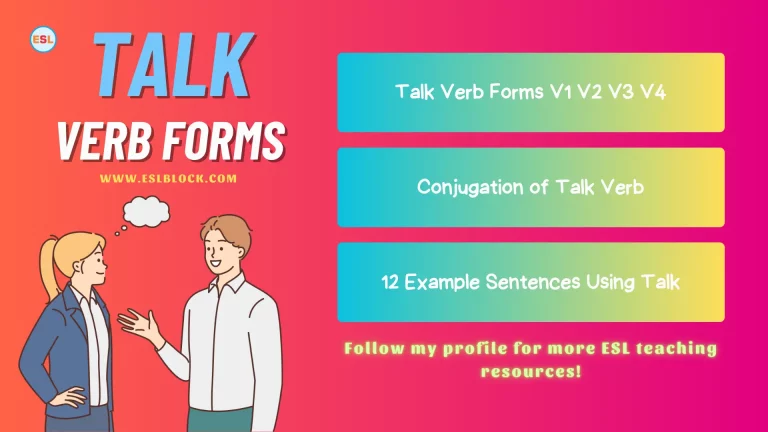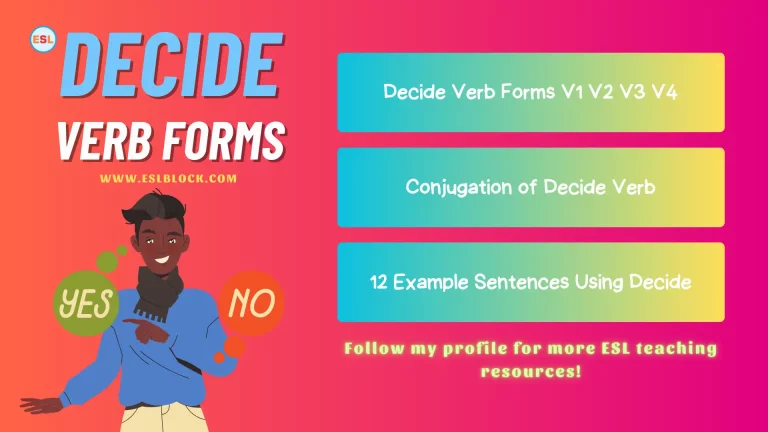Future Perfect Tense Definition With Examples
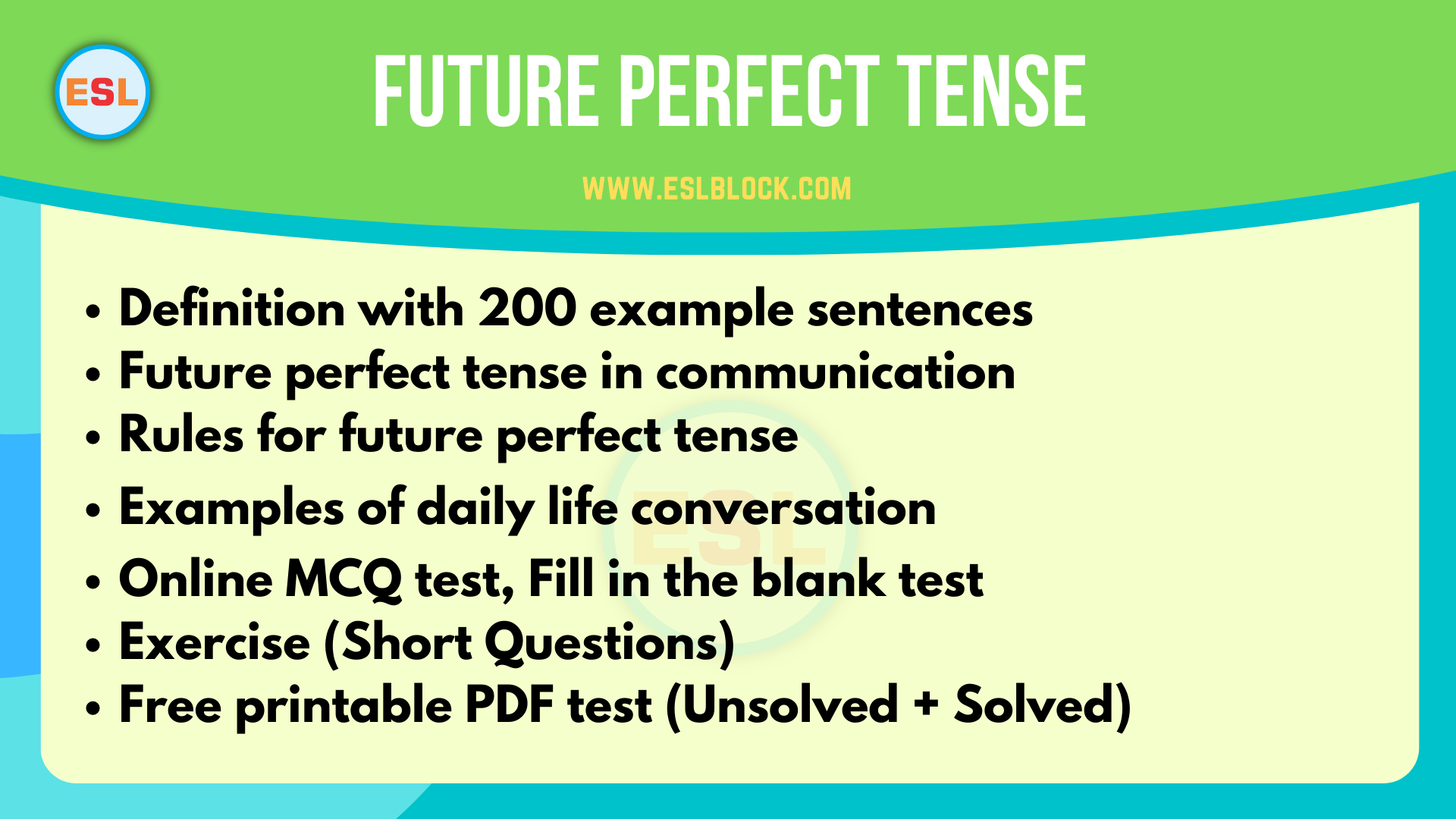
The future perfect tense is a grammatical structure used to describe an action that will be completed at a specific point in the future. It is formed by using the auxiliary verb “will” followed by “have” and the past participle of the main verb.
For example, “I will have finished my work by tomorrow” uses the future perfect tense to indicate that the action of finishing the work will be completed by the next day.
Understanding and using the future perfect tense is important in both writing and speaking because it makes it easier to talk about times and actions in a clear and precise way.
The goal of this blog post is to give a complete guide to the future perfect tense, including how to understand it, form it, and use it.
Read also: Personal Injury Lawyer Greenville NC
Understanding and using the future perfect tense is crucial in both writing and speaking as it allows for clear and precise communication of time frames and actions. It is particularly useful in academic and professional contexts, where being able to clearly convey a schedule or plan is essential.
Additionally, using the future perfect tense correctly is an important part of demonstrating a strong command of the English language.
Read also: Types of Sentences Worksheets
How to form Future Perfect Tense?
The future perfect tense is formed by using the auxiliary verb “will” followed by “have” and the past participle of the main verb. For example, “I will have finished my work by tomorrow.”
The structure of the future perfect tense is “will + have + past participle”
Rules for affirmative sentences
The rules for making future perfect tense affirmative sentences involve using the auxiliary verb “will” followed by “have” and the past participle of the main verb. The structure of the future perfect tense is “will + have + past participle”.
- By next year, I will have finished my degree.
- They will have arrived by dinner time.
- I will have been living in this city for 10 years by the end of next month.
- He will have retired by the time he turns 60.
- We will have completed the project by the deadline.
- She will have graduated from college by next summer.
- I will have been working here for five years next month.
- They will have been married for 10 years next June.
- He will have passed his driving test by next week.
- We will have finished our book by the end of the month.
Rules for negative sentences
To make a negative sentence in the future perfect tense, the auxiliary verb “will” is followed by “not” and the past participle form of the main verb. For example, “I will not have finished the project by Monday” or “They will not have arrived by 7pm.”
It’s important to note that the word order should not be changed, and that the auxiliary verb “will” should come before “not” in the negative sentence. The main verb should always be in its past participle form to indicate that the action will have been completed at the specific point in the future.
- I will not have finished my work by tomorrow.
- They will not have arrived by dinner time.
- I will not have been living in this city for 10 years by the end of next month.
- He will not have retired by the time he turns 60.
- We will not have completed the project by the deadline.
- She will not have graduated from college by next summer.
- I will not have been working here for five years next month.
- They will not have been married for 10 years next June.
- He will not have passed his driving test by next week.
- We will not have finished our book by the end of the month.
Rules for interrogative sentences
To form a question in future perfect, we use the same structure, but invert the auxiliary verb “will” with the subject, starting the sentence with “will” and ending with past participle of the main verb. For example, “Will I have finished my work by tomorrow?” uses the future perfect tense to indicate that the action of finishing the work will be completed at a specific point in the future, and asking if it will happen or not.
When formulating interrogative sentences in the future perfect tense, it’s important to keep in mind the structure “will + subject + have + past participle” and use it correctly. Additionally, it’s important to use time phrases like “by tomorrow” or “by next year” to indicate when the action will be completed.
- Will I have finished my work by tomorrow?
- Will they have arrived by dinner time?
- Will I have been living in this city for 10 years by the end of next month?
- Will he have retired by the time he turns 60?
- Will we have completed the project by the deadline?
- Will she have graduated from college by next summer?
- Will I have been working here for five years next month?
- Will they have been married for 10 years next June?
- Will he have passed his driving test by next week?
- Will we have finished our book by the end of the month?
Short Paragraphs for using the Future Perfect Tense
By next month, I will have been living in this city for five years. I will have made many friends and have a lot of great memories. I will have also learned a lot about the culture and history of this place.
They will have been married for 15 years by the time they renew their vows. They will have been through many challenges and joys together, but will have grown stronger as a couple. They will have also raised two beautiful children together.
He will have completed his training and will have become a certified pilot by next year. He will have flown many different types of aircrafts and will have gained a lot of experience. He will have also traveled to many different countries as a pilot.
The project will have been completed by the deadline, and all the team members will have worked hard to make it happen. They will have faced many obstacles and challenges, but will have overcome them with their determination and teamwork. The project will have been a great success.
By the end of the year, we will have saved enough money to take a trip around the world. We will have saved every penny we could, and will have made sacrifices to make it happen. We will have planned the trip for months and will have researched every destination we will be visiting.
Examples of Future Perfect Tense in everyday situations
- I will have finished my homework by the time my parents come home.
- By next week, I will have been studying for the exam for two weeks.
- They will have been dating for a year next month.
- He will have graduated from college by the end of the year.
- We will have completed the project by Friday.
- She will have finished her book by the end of the month.
- I will have been working at the company for three years next month.
- They will have been married for 20 years next year.
- He will have passed his driving test by next week.
- We will have finished our book by the end of the month.
- I won’t have finished my homework by the time my parents come home.
- By next week, I won’t have been studying for the exam for two weeks.
- They won’t have been dating for a year next month.
- He won’t have graduated from college by the end of the year.
- We won’t have completed the project by Friday.
- She won’t have finished her book by the end of the month.
- I won’t have been working at the company for three years next month.
- They won’t have been married for 20 years next year.
- He won’t have passed his driving test by next week.
- We won’t have finished our book by the end of the month.
- Will I have finished my homework by the time my parents come home?
- By next week, will I have been studying for the exam for two weeks?
- Will they have been dating for a year next month?
- Will he have graduated from college by the end of the year?
- Will we have completed the project by Friday?
- Will she have finished her book by the end of the month?
- Will I have been working at the company for three years next month?
- Will they have been married for 20 years next year?
- Will he have passed his driving test by next week?
- Will we have finished our book by the end of the month?
- By the time I wake up, the sun will have risen.
- We will have been waiting for an hour by the time he arrives.
- The party will have started by the time we get there.
- By the time we finish our dinner, the movie will have started.
- By the time I finish my presentation, the meeting will have been over for an hour.
- The concert will have ended by the time we arrive.
- By the time the game finishes, it will have been a close match.
- By the time we get home, the kids will have already gone to bed.
- By the time we finish our hike, the sun will have set.
- By the time I finish my work, the office will have closed.
- I will not have finished my work by the time the office closes.
- By the time we wake up, the sun will not have risen.
- We will not have been waiting for an hour by the time he arrives.
- The party will not have started by the time we get there.
- By the time we finish our dinner, the movie will not have started.
- By the time I finish my presentation, the meeting will not have been over for an hour.
- The concert will not have ended by the time we arrive.
- By the time the game finishes, it will not have been a close match.
- By the time we get home, the kids will not have already gone to bed.
- By the time we finish our hike, the sun will not have set.
- By the time I finish my work, the office will not have closed.
- Will the sun have risen by the time I wake up?
- Will we have been waiting for an hour by the time he arrives?
- Will the party have started by the time we get there?
- By the time we finish our dinner, will the movie have started?
- Will the meeting have been over for an hour by the time I finish my presentation?
- Will the concert have ended by the time we arrive?
- Will it have been a close match by the time the game finishes?
- Will the kids have already gone to bed by the time we get home?
- Will the sun have set by the time we finish our hike?
- Will the office have closed by the time I finish my work?
- By next month, John will have started his new job.
- By the end of the year, Jane will have completed her MBA.
- By the time the baby is born, they will have been married for four years.
- By the time the party starts, the house will have been cleaned.
- By the end of the week, the garden will have been tended to.
- By the end of the month, the car will have been serviced.
- By the time the wedding is over, the guests will have been fed.
- By the time the concert ends, the crowd will have been entertained.
- By the time the game is finished, the score will have been settled.
- John won’t have started his new job by next month.
- Jane won’t have completed her MBA by the end of the year.
- They won’t have been married for four years by the time the baby is born.
- The house won’t have been cleaned by the time the party starts.
- The garden won’t have been tended to by the end of the week.
- The car won’t have been serviced by the end of the month.
- The guests won’t have been fed by the time the wedding is over.
- The crowd won’t have been entertained by the time the concert ends.
- The score won’t have been settled by the time the game is finished.
- Will John have started his new job by next month?
- Will Jane have completed her MBA by the end of the year?
- Will they have been married for four years by the time the baby is born?
- Will the house have been cleaned by the time the party starts?
- Will the garden have been tended to by the end of the week?
- Will the car have been serviced by the end of the month?
- Will the guests have been fed by the time the wedding is over?
- Will the crowd have been entertained by the time the concert ends?
- Will the score have been settled by the time the game is finished?
- By the time the party ends, the cake will have been cut.
- By the time the guests leave, the house will have been tidied up.
- By the time the concert ends, the band will have played all their songs.
- By the time the game is finished, the winner will have been declared.
- By the time the flight departs, all passengers will have boarded.
- By the time the exam is over, the students will have been tested on all material.
- By the time the show ends, the audience will have been entertained for two hours.
- By the time the train arrives, the station will have been crowded with people.
- By the time the meeting is finished, the agenda will have been discussed.
- By the time the movie ends, the credits will have rolled.
- By the time the book is finished, the reader will have been taken on a journey.
- By the time the vacation ends, the travelers will have seen many sights and made
Questions and answers about future perfect tense
What is the structure of the future perfect tense?
A: The structure of the future perfect tense is “will + have + past participle.”
How is the future perfect tense formed?
A: The future perfect tense is formed by using the auxiliary verb “will” followed by “have” and the past participle of the main verb.
When is the future perfect tense used?
A: The future perfect tense is used to describe an action that will be completed at a specific point in the future.
What is the difference between the future perfect and the present perfect?
A: The future perfect is used to describe a completed action in the future, while the present perfect is used to describe a completed action in the past with relevance to the present.
Can you give an example of a sentence in the future perfect tense?
A: “By next year, I will have finished my degree.”
How do you form negative sentences in the future perfect tense?
A: To form negative sentences in the future perfect tense, you use the auxiliary verb “will not” or “won’t” before “have” and the past participle of the main verb.
How do you form interrogative sentences in the future perfect tense?
A: To form interrogative sentences in the future perfect tense, you invert the auxiliary verb “will” with the subject, starting the sentence with “will” and ending with past participle of the main verb.
How do you use time phrases in future perfect tense?
A: Time phrases such as “by next year”, “by tomorrow” or “by the end of the month” are used to indicate when the action described in the sentence will be completed.
Can you give an example of a sentence in the future perfect progressive tense?
A: “I will have been living in this city for 10 years by the end of next month.”
How is the future perfect progressive different from the future perfect?
A: The future perfect progressive describes an action that will be in progress at a specific point in the future, while the future perfect describes an action that will be completed at a specific point in the future. The future perfect progressive is formed by using “will have been” + present participle, while the future perfect is formed by using “will have” + past participle.
Fill in the blank questions about future perfect tense
- By next month, I _____ finished my book. (will have, will not have)
- They _____ been dating for 2 years by their anniversary. (will have, will not have)
- He _____ graduated from college by the end of the year. (will have, will not have)
- We _____ completed the project by Friday. (will have, will not have)
- She _____ finished her painting by the end of the month. (will have, will not have)
- I _____ been working at the company for 5 years by next month. (will have, will not have)
- They _____ been married for 30 years by next year. (will have, will not have)
- He _____ passed his driving test by next week. (will have, will not have)
- We _____ finished our book by the end of the month. (will have, will not have)
- By the end of the year, I _____ saved enough money to buy a new car. (will have, will not have)
Answer:
- By next month, I will have finished my book.
- They will have been dating for 2 years by their anniversary.
- He will have graduated from college by the end of the year.
- We will have completed the project by Friday.
- She will have finished her painting by the end of the month.
- I will have been working at the company for 5 years by next month.
- They will have been married for 30 years by next year.
- He will have passed his driving test by next week.
- We will have finished our book by the end of the month.
- By the end of the year, I will have saved enough money to buy a new car.
Conclusion
In this post, we have discussed the future perfect tense and its uses in writing and speaking. The future perfect tense is used to describe an action that will be completed at a specific point in the future. It is formed by using “will have” and the past participle of the verb.
One important use of the future perfect tense is to indicate that an action will be completed before another action in the future. For example, “By the time I finish my degree, I will have studied five languages.” This sentence indicates that the action of studying five languages will be completed before the speaker finishes their degree.
It’s important to note that the future perfect tense is not as commonly used as other tenses, but it can be very effective in conveying a specific meaning.
In order to master the future perfect tense, it’s important to practice using it in writing and speaking. You can also try to identify examples of the future perfect tense in everyday conversation and in media such as books and movies.
Additionally, you can try to think of situations in which the future perfect tense would be useful and practice constructing sentences in that tense. Remember, practice makes perfect.
Practice using the future perfect tense in different contexts and situations will help to improve proficiency with it.
If you have enjoyed “future perfect tense,” I would be very thankful if you’d help spread it by emailing it to your friends or sharing it on Twitter, Instagram, Pinterest, or Facebook. Thank you!
With ESLBLOCK, you will study with new ideas. If you doubt the qualities of the future perfect tense, reach us through our blog’s comment section. Keep checking back! We’ll do our best to give you feedback as soon as possible. Thank you!
Related Articles
Here are some more lists for you!
- List of Fish: Types of Fish with Interesting Facts and Pictures
- List of Mollusks | Types of Mollusks with Interesting Facts
- List Of Farm Animals: Different Types of Farm Animals
- Shellfish | List of Shellfish with Interesting Facts

